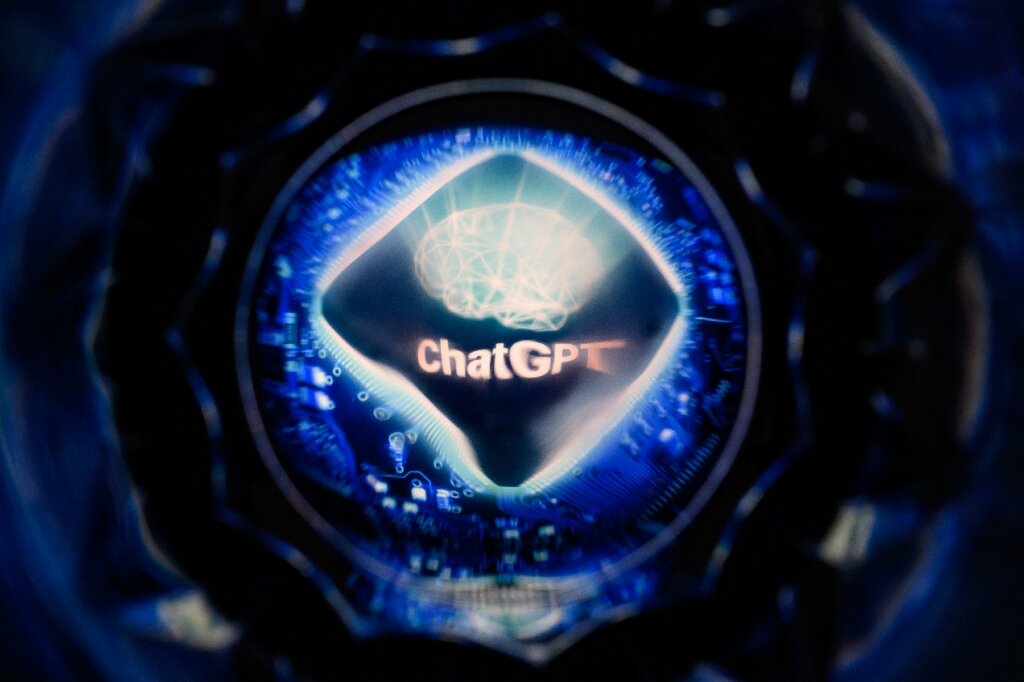

The European Parliament committees are preparing to vote on regulations that will restrict the use of artificial intelligence (AI) in the European Union. The move towards this goal was initiated by the European Commission two years ago, and EU member states provided their negotiation position at the end of last year. The arrival of ChatGPT and other AI applications has drawn attention to the issue, leading to an influx of amendments. The EU wants to be at the forefront of regulating this technology, which has recently gained prominence in the public and corporate sectors.
AI is a double-edged sword. It has the potential to save lives and make medical evaluations more efficient, but it can also be used to perfect mass surveillance and sway public opinion. The emergence of ChatGPT, Midjourney, DALL-E, and other AI applications has sparked public curiosity and fascination. However, this technology can be exploited to create fake content, fool people, and violate fundamental rights. Elon Musk and some researchers have called for a moratorium on AI until legal frameworks can catch up.
The EU’s approach is to create a list of “high-risk” activities for AI, which would cover systems in sensitive domains such as critical infrastructure, education, human resources, public order, and migration management. The commission suggests that the designation should ensure human control over AI, provide technical documentation, and have a system of risk management. Each EU member state would have a supervising authority to ensure compliance with the rules. Some MEPs want to limit the criteria for “high-risk” activities to those that threaten safety, health, or fundamental rights. The parliament also wants AI companies to protect against illegal content and copyrighted works used to train their algorithms.
The commission’s proposal calls for users to be notified when in contact with a machine and requires image-producing applications to state that their output was artificially created. Outright bans would only apply to applications that are contrary to Europe’s values, such as mass surveillance and citizen rating systems used in China. The lawmakers want to prohibit AI that recognizes emotions and prevent remote biometric identification of people in public places by law enforcement. They also want to prevent the use of photos posted on the internet for training algorithms unless authorized by the concerned individuals.
In conclusion, the EU is taking a proactive approach to regulate AI and prevent abuses while promoting innovation. The committees’ vote on Thursday will set the stage for negotiations with EU member states to create a law on AI. While AI has its promise, it also poses significant risks, and the EU’s goal is to ensure that technology benefits society while protecting fundamental rights.
Cells form the foundation of all living organisms, and gaining insights into their inner workings…
Mosquitoes are not just an irritating nuisance; they are deadly vectors that transmit a range…
In the quest for sustainable living, consumers often hold fast to the belief that glass…
For over a century, the astral mystery surrounding Barnard's Star, a unique red dwarf just…
In the realm of catalysis, particularly in the context of oxygen evolution reactions (OER), understanding…
Recent research has illuminated a groundbreaking connection between blood donation frequency and the health of…
This website uses cookies.